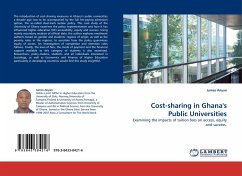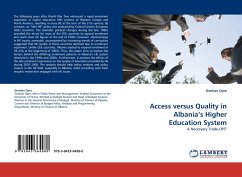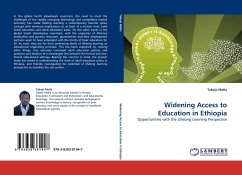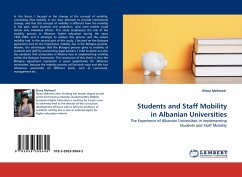The introduction of cost-sharing measures in Ghana's public universities a decade ago was to be accompanied by the full fee-paying admission option, the so-called dual-track tuition policy. This case study of the University of Ghana examines the policy implementation and how it has influenced higher education (HE) accessibility ,equity and success. Using mainly secondary analysis of official data, the author explores enrolment patterns based on gender and students' regions of origin, as well as the poverty rates in the regions, to ascertain how the policy guarantees equity of access. An investigation of completion and retention rates follows. Finally, the level of fees, the mode of payment and the financial support available to this category of students is also examined. Researchers, policy-makers, students and all individuals interested in Sociology, as well as Economics and Finance of Higher Education particularly in developing countries would find this study insightful.








